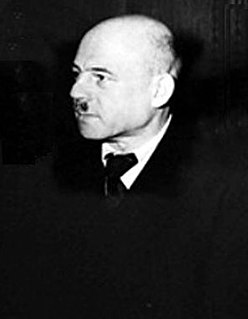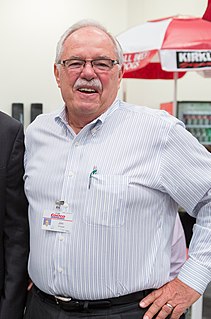A Quote by Richard Linklater
Related Quotes
There is nothing a worker resents more than to see some man taking his job. A factory can be closed down, its chimneys smokeless, waiting for the worker to come back to his job, and all will be peaceful. But the moment workers are imported, and the striker sees his own place usurped, there is bound to be trouble.
For the blue-collar worker, the driving force behind change was factory automation using programmable machine tools. For the office worker, it's office automation using computer technology: enterprise-resource-planning systems, groupware, intranets, extranets, expert systems, the Web, and e-commerce.





































